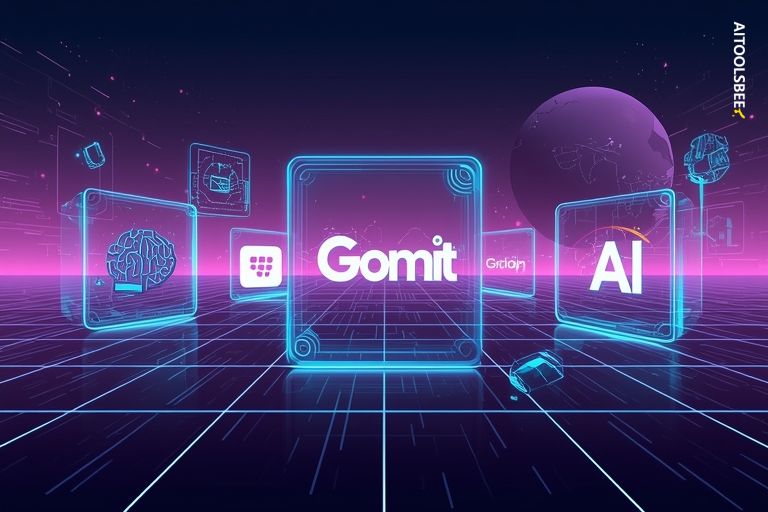
Gemini, Grok, Meta AI Compete as ChatGPT Leads AI Market
A report by venture capital firm Andreessen Horowitz (a16z) indicates that competitors such as Google's Gemini, xAI's Grok, and Meta AI are rapidly closing in on ChatGPT, OpenAI's leading chatbot, which has dominated the consumer AI market since its launch in late 2022.
According to TechCrunch, this report is the fifth in a series on the consumer AI landscape, drawing on two and a half years of data from third-party market intelligence platforms like Similarweb for web traffic and Sensor Tower for mobile app usage.
ChatGPT has maintained its position as the top AI app globally, both on web and mobile. However, for the first time, Google's Gemini has emerged as a formidable challenger. Gemini is now the second-ranked AI app on mobile, with nearly half of ChatGPT's monthly active users, largely due to its dominance on Android, where it accounts for almost 90 percent of its user base.
On the web, Gemini also ranked second, attracting about 12 percent of ChatGPT's visits. Google's developer tools are gaining traction as well: Gemini's AI Studio debuted at No. 10 among top AI web products, while NotebookLM ranked No. 13. Google Labs, home to experimental projects like Flow and Doppl, came in at No. 39.
Elon Musk's xAI product, Grok, has also made significant strides. Although launched only in late 2024 as part of the X platform, Grok now boasts more than 20 million monthly active users. Its standalone app helped it rank No. 4 on the web and No. 23 on mobile. Growth accelerated in July 2025 following the release of Grok 4, which increased usage by nearly 40 percent.
Meta AI, the company's general assistant, remains a smaller player in the market. It ranked 46th on the web and failed to make the mobile top 50, partly due to controversy earlier this year when users discovered that Meta AI was making some of their posts publicly visible on the web without clear consent.
Perplexity, Claude, Poe, Character AI, Midjourney, Leonardo, and ElevenLabs all held firm among the 14 AI companies that have appeared on every edition of a16z’s ranking. These products cover a wide range of consumer applications — from general assistance and creative writing to image and voice generation.
Claude and DeepSeek showed mixed performance: Claude continued to grow steadily, but DeepSeek saw declines, dropping 22 percent on mobile and more than 40 percent on the web compared to its February 2025 peak.
Chinese companies are also rising fast. ByteDance’s Doubao placed No. 4 on mobile and No. 12 on the web, while Moonshot AI’s Kimi chatbot landed at No. 17 on the web. Alibaba’s Quark also broke into the top 20. Seven other Chinese AI developers, including DeepSeek and Kling, were recognized for exporting AI tools globally.
A notable trend in this edition of the report is the number of new entrants, especially on mobile, where 14 fresh apps made the top 50 list. Vibe-coding startups Lovable and Replit debuted strongly, benefiting from increased traffic tied to projects built and published on their platforms.
Meanwhile, apps on the brink of breaking into the rankings include PixAI, Bolt, Blackbox AI, and Microsoft’s Clipchamp on the web, and Talkie, Seekee, and AI Mirror on mobile.
Andreessen Horowitz’s analysis underscores how the generative AI market, once dominated almost exclusively by ChatGPT, is rapidly diversifying. While OpenAI retains the lead, competitors like Gemini and Grok are now expanding aggressively, with Google leveraging its Android ecosystem and xAI riding on Musk’s influence through X.
The shift suggests that the next phase of the AI race will not be defined by a single platform, but by a broader ecosystem of apps competing for consumer time, creativity, and trust.

